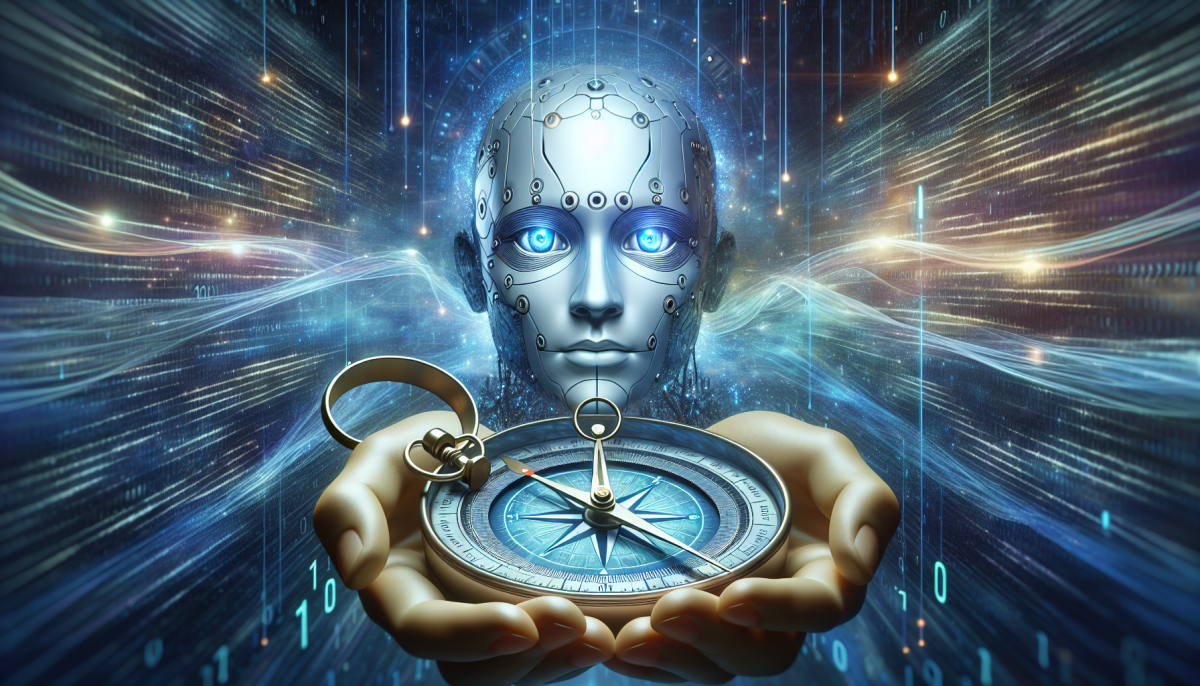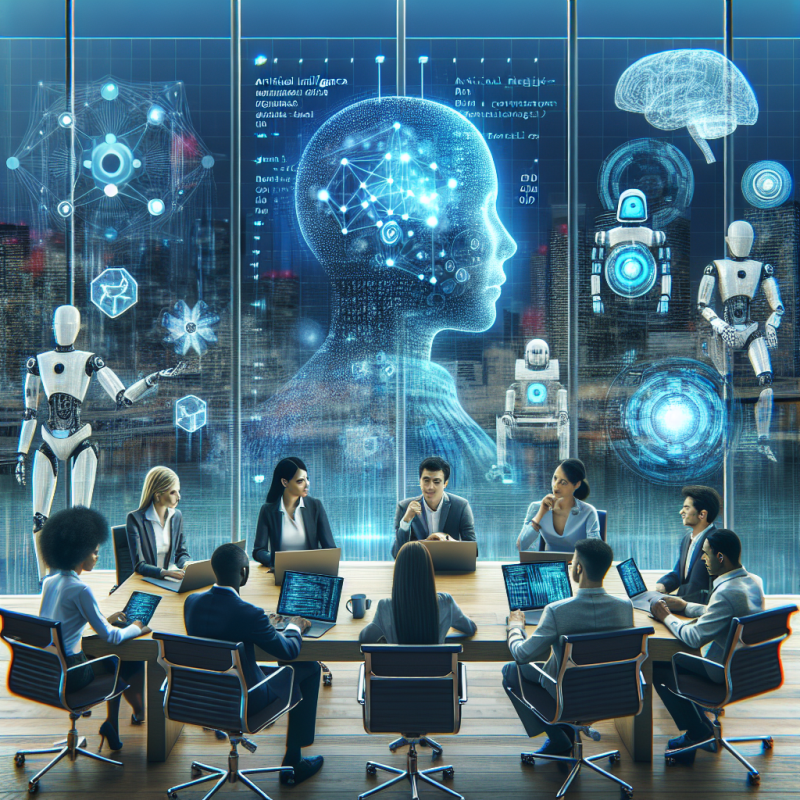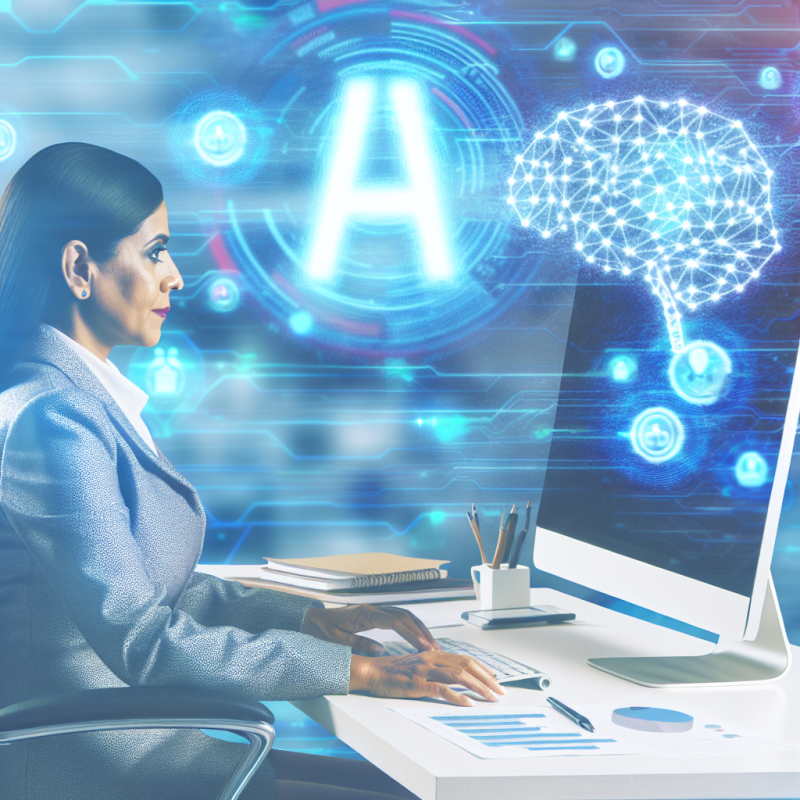Understanding AI ethics can feel like wandering through a tricky maze, but breaking it down into basic concepts makes it easier to navigate. At its core, AI ethics involves making sure that the technology we create and use is fair, responsible, and respects human rights. This means asking ourselves questions like: Is this AI system treating everyone equally? Is it invading people's privacy? Am I being transparent about how the AI works?
One of the biggest concerns is bias. AI systems learn from data, and if that data reflects stereotypes or unfair treatment, the AI might replicate those biases. For example, if a hiring tool is trained on data from a company that has historically overlooked certain groups, the AI could unintentionally favor applicants who match past patterns. It's crucial to examine the data and the algorithms we use to ensure they're promoting fairness.
Privacy is another hot topic in AI ethics. With all the data these systems collect, it's vital to think about how it's being used. Are users aware of what data is being gathered? Are their rights respected? Making sure users know what's happening with their data fosters trust and keeps AI applications aligned with ethical standards.
Lastly, accountability plays a major role. When AI makes a decision that affects people's lives, there should be a way to pinpoint who is responsible. This means having clear guidelines in place for developers and companies, so they're held accountable for the outcomes of their AI tools. By understanding these basics, we can have more thoughtful discussions about how to develop AI that benefits everyone.
Common Ethical Issues in AI
When we talk about AI ethics, several common issues come up that can affect how we develop and use technology. One big concern is bias in AI systems. If the data used to train AI isn’t diverse or is skewed in any way, the AI can end up making unfair decisions. This can happen in many areas, like hiring processes or facial recognition technologies, where certain groups might be unfairly treated.
Another important issue is transparency. Many AI systems operate like a black box, meaning we can’t really see how they make decisions. This lack of transparency can lead to trust issues. People want to know how decisions that affect their lives are being made, whether it’s through automated loan approvals or criminal justice algorithms. If we can’t explain the “why” behind an AI decision, it’s hard to hold anyone accountable.
Privacy concerns also come into play with AI. A lot of AI systems rely on massive amounts of data, often including personal information. This raises questions about how that data is collected, stored, and used. Are we giving up too much information in exchange for the conveniences that AI offers? Striking a balance between innovation and individual privacy rights is a challenge that needs careful consideration.
Finally, there’s the issue of job displacement. As AI technology becomes more capable, there’s growing concern about whether it will replace human jobs. While some believe AI can enhance job roles, others worry it could lead to widespread unemployment. Addressing the impact of AI on the workforce is a big ethical challenge we can’t overlook.
Real-World AI Ethics Examples
When it comes to AI ethics, it’s all about real-life situations that show us the importance of making thoughtful choices. One great example is the world of facial recognition. While this technology can help locate missing persons or identify criminals, it can also lead to serious privacy concerns. Many people worry about being watched all the time, and sometimes these systems can misidentify individuals, especially people from certain racial backgrounds. This raises important questions about fairness and the potential for bias in technology.
Then there’s the question of autonomous vehicles. As self-driving cars become more common, there’s a lot to consider regarding safety and decision-making. Imagine a situation where a car has to choose between hitting a pedestrian or swerving and harming its passengers. How do we program these vehicles to make the right choices? This isn't just a technical problem; it’s a moral dilemma that reflects our values and priorities as a society.
Let’s not forget about algorithms used in hiring and lending. Many companies use AI to sort resumes or evaluate credit applications, but if those algorithms aren't designed carefully, they can inadvertently discriminate against certain groups. This makes it crucial for businesses to regularly review and update their systems to ensure they’re fair and transparent. If we don't keep a close eye on these processes, we risk reinforcing existing inequalities.
Another compelling example is the use of AI in healthcare. While AI can assist doctors in diagnosing diseases more quickly and accurately, there’s a fine line when it comes to patient data. Ensuring that this sensitive information is handled responsibly is key. Patients need to trust that their data is kept confidential while still allowing AI to help improve their health outcomes.
Steps to Promote Ethical AI Practices
Promoting ethical AI practices isn't just a nice idea; it’s essential for everyone involved. Here are some straightforward steps to get started:
By taking these steps, you can help create a more responsible approach to AI that benefits everyone. Let's work together to make sure technology serves us ethically and fairly!



